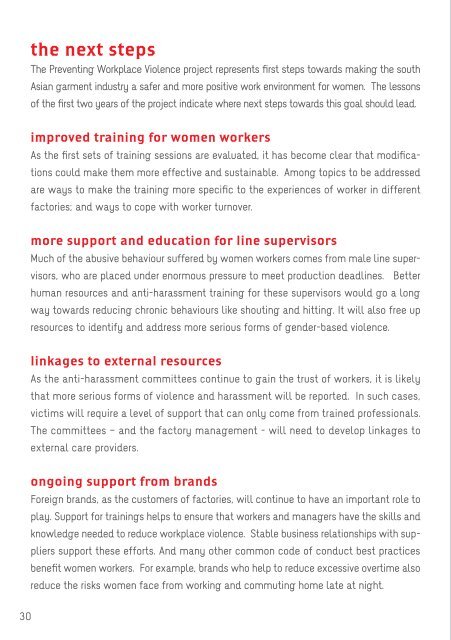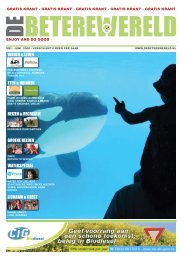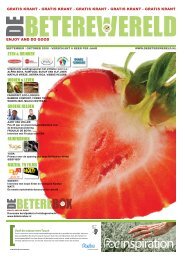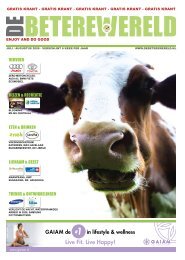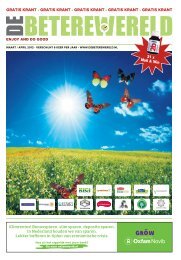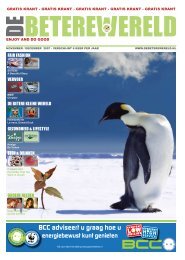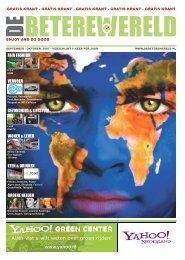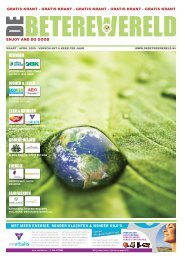STANDING FIRM AGAINST FACTORY FLOOR HARASSMENT
report - Fair Wear Foundation
report - Fair Wear Foundation
- No tags were found...
You also want an ePaper? Increase the reach of your titles
YUMPU automatically turns print PDFs into web optimized ePapers that Google loves.
the next steps<br />
The Preventing Workplace Violence project represents first steps towards making the south<br />
Asian garment industry a safer and more positive work environment for women. The lessons<br />
of the first two years of the project indicate where next steps towards this goal should lead.<br />
improved training for women workers<br />
As the first sets of training sessions are evaluated, it has become clear that modifications<br />
could make them more effective and sustainable. Among topics to be addressed<br />
are ways to make the training more specific to the experiences of worker in different<br />
factories; and ways to cope with worker turnover.<br />
more support and education for line supervisors<br />
Much of the abusive behaviour suffered by women workers comes from male line supervisors,<br />
who are placed under enormous pressure to meet production deadlines. Better<br />
human resources and anti-harassment training for these supervisors would go a long<br />
way towards reducing chronic behaviours like shouting and hitting. It will also free up<br />
resources to identify and address more serious forms of gender-based violence.<br />
linkages to external resources<br />
As the anti-harassment committees continue to gain the trust of workers, it is likely<br />
that more serious forms of violence and harassment will be reported. In such cases,<br />
victims will require a level of support that can only come from trained professionals.<br />
The committees – and the factory management - will need to develop linkages to<br />
external care providers.<br />
ongoing support from brands<br />
Foreign brands, as the customers of factories, will continue to have an important role to<br />
play. Support for trainings helps to ensure that workers and managers have the skills and<br />
knowledge needed to reduce workplace violence. Stable business relationships with suppliers<br />
support these efforts. And many other common code of conduct best practices<br />
benefit women workers. For example, brands who help to reduce excessive overtime also<br />
reduce the risks women face from working and commuting home late at night.<br />
Fair Wear Foundation (Amsterdam) is an independent, multistakeholder NGO that works with European<br />
clothing brands and the factories which supply them, to improve labour conditions for garment workers.<br />
FWF has strong relationships with trade unions. FWF is active in 15 production countries in Asia,<br />
Europe and Africa. FWF’s 85 member companies represent over 120 brands, and are based in eight European<br />
countries. Members commit to implementing the FWF Code of Labour Practices, which is based<br />
on ILO and UN principles. FWF publishes annual reports on the progress of members towards implementation<br />
of the Code. www.fairwear.org<br />
Social Awareness and Voluntary Education (SAVE) (Tirupur) is a holistic human rights organisation defending<br />
the rights of children, women and workers through research, advocacy and capacity building. SAVE<br />
has provided support to over 10,000 girls and women in the past 17 years. SAVE works for the eradication<br />
of child labour, comprehensive empowerment of poor women, promotion of living standards of migrant<br />
and other labourers by formation of community strengthening structures, through awareness education,<br />
enhancing skills, capacity building, networking, lobbying and advocacy programs. www.savengo.org<br />
CIVIDEP (Bangalore) is a civil society organisation that studies the effects of corporate activities on<br />
communities and campaigned with many other organisations and individuals for workers’ rights and<br />
unionization and corporate accountability. Cividep is concerned with workers’ lives and the effect of economic<br />
globalisation and corporate behaviour on the social, economic and physical environment. The<br />
underlying objective of Cividep is to evolve strategies to ensure that the rights of various stakeholders’<br />
vis-à-vis businesses are duly respected and to strengthen the accountability of businesses towards various<br />
categories of people who are affected by their activities. www.cividep.org<br />
Alternative Movement for Resources and Freedom Society (AMRF Society) (Dhaka) AMRF’s mission is<br />
to achieve a fair balance of trade gains among the stakeholders of industrial production systems. ‘We<br />
honour the owners who gamble their money in the production processes; we honour the management<br />
bodies who work hard to manage these investments in a fruitful means; we honour the middle parties/<br />
bodies who engage themselves as the helping hands to make the bridge between different segments<br />
of the total chain of production and distribution channels; and we humbly admire the workers whose<br />
input into the production systems is the key factor for any economy.’ www.amrfbd.com<br />
Awaj Foundation (Dhaka) has been working for the legal empowerment of RMG workers in Bangladesh.<br />
With a network of some 200,000 garment workers, Awaj is one of the most vocal and reputable nongovernmental<br />
organisations in the sector. Awaj Foundation is committed and pledge bound to develop<br />
a universal platform for workers, especially for women workers. The organisation is devoted to undertake<br />
welfare activities for destitute and neglected women, children, elderly, disabled and workers.<br />
30 31


